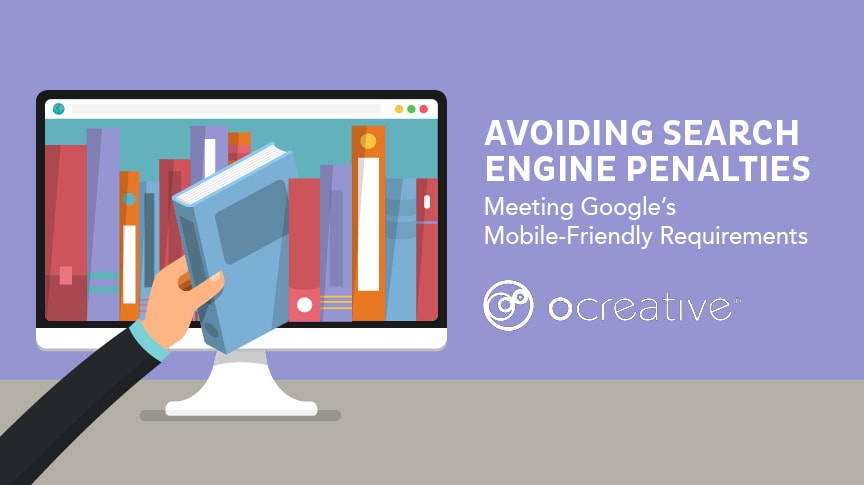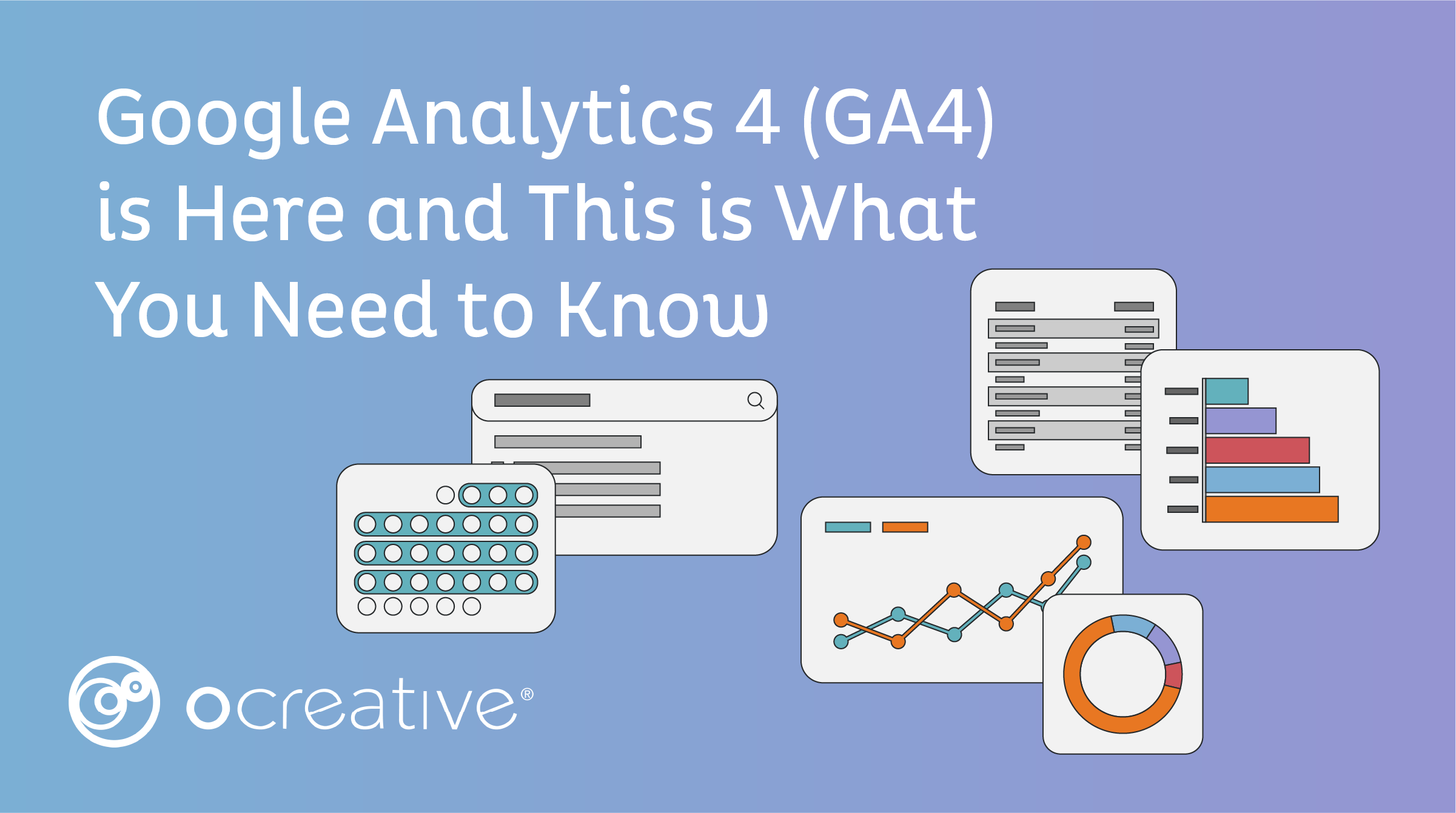Understanding Google’s 2020 Core Updates and How They Affect Your Website
Google spends a lot of time, resources, and money trying to understand the human brain to better leverage the vast reaches of the internet to improve their search experience for users. While these changes occur every day, there are times throughout the year Google makes a major set of updates to their search algorithm that impacts hundreds of thousands of websites. Google calls these large-scale changes “Core Updates.” If you’re interested in learning more about how search engines like Google work and what we mean by “algorithms,” check out our article: Avoiding Search Engine Penalties.
Google rolled out two sets of Core Updates in 2020 – one in January and one in May. While Google never comes out and exactly says how they are changing their algorithms, they do announce how their changes intend to improve user interaction with their search platform. These changes leave search engine optimization experts, better known as SEO experts, to determine the best course of action to meet Google’s new goals.
Shifting the Definition of Website “Authority”

In 2020, it appeared that Google’s main goal was to better understand the thought process behind why a user is searching their platform rather than focusing solely on what they are searching for to provide results that meet their needs. Something as simple as searching puppy videos doesn’t require a lot of in-depth analysis; however, something like searching “my hand tingling” requires a little more nuance.
Rather than providing users with a series of websites that rank high on the authority scale like the medical knowledge website, WebMD, Google seems to have deprioritized their regular E-A-T evaluation technique (E-A-T stands for Expertise – Authoritativeness – Trustworthiness, but more on that later) to provide a more comprehensive and helpful set of search results for users. Now users may see results from websites that may not be optimized for E-A-T but have quality and ample content. In the case of our tingling hand example, rather than seeing several results from the WebMD website, users are more likely to get more diversified search results with links to websites that have focused less on the mechanical requirements of E-A-T and more on the depth of their content offerings.

Understanding Google’s E-A-T
According to the Search Quality Evaluator Guidelines provided by Google, E-A-T stands for “expertise, authoritativeness, and trustworthiness,” which is one of the many ways Google uses to grade the quality of any given webpage and its relevance to a set of search terms. In their guidelines, Google explains that “high-quality pages and websites need enough expertise to be authoritative and trustworthy on their topic.” (Google)
Prior to the 2020 Core Update, meeting E-A-T standards was more mechanical than thoughtful. Web design and development focused on applying the correct keywords, using effective backlinking techniques, associating a physical location with the website, including clear contact options, having a secure domain, including privacy policies and terms of use, etc., to drive a website’s organic search results. Using the right functionality formula, websites could still meet E-A-T standards without providing useful content yet still show up in top search results. Meanwhile, other websites that scored lower in E-A-T metrics, but had much more in-depth and relevant content, were pushed back.
Marcus Pentzek, Chief SEO Consultant of Searchmetrics Digital Strategies Group, questions, “Could it be that Google is correcting its former E-A-T efforts here because smaller websites, despite having high-quality information and weaker ‘Authority’ (less backlinks), were not found among the really competitive keywords?” (SearchMetrics) In short, we believe the answer is yes.
Getting Users to the Most Relevant Content
It’s not necessarily that Google deems E-A-T focused websites as bad or unhelpful to users, as much as they are less likely to get to the heart of why users are searching – they only match the what. As we mentioned earlier, Google spends an incredible amount of time, resources, and money to understand the people using their platform. As technology evolves and becomes easier to track habits, actions, and attitudes, Google is getting closer to understanding users’ end goals through their keyword and phrase input.

For our prior “my hand is tingling” search example, users aren’t looking for 101 diseases linked to hand tingling, but rather, are likely looking for ways to stop the sensation—they need a more holistic, thoughtful set of results that they can apply to their current situation. Sure, they may need the cause, but they also need to know their options for the next steps. It’s like the old joke about not looking up your symptoms on the internet because you’ll surely find out you are dying, no matter what the issue is. Users are looking for solutions, and Google is trying to get them there.
Who Was Affected by Google’s 2020 Core Update?
UX expert Neil Patel notes that “travel, real estate, health, pets & animals, and people & society” industries “saw the biggest fluctuations with rankings” after the May 2020 Core Update. (Neil Patel) These industries focus mostly on services provided to consumers. The chances are likely that the core updates impacted your website, especially if you are among the professional service or health industries. And the biggest culprit? “Thin content.” Thin content is a term used for webpages that offer little to no real value to the user because there is not enough content to provide the user with answers. Webpages with thin content may lack relatable, helpful, or clear copy and graphics. The keywords may be there, and the metadata may be in place, but if the content isn’t meeting word count requirements or doesn’t show relevant or useful data relative to the search terms used, the page won’t be indexed to match with a user’s search input.

Preparing an Effective Search Engine Optimization or SEO Strategy
“As Google continues to shift its criteria and users continue to change their expectations, website developers and marketing managers will need to focus more on readable, relatable, well-structured content to favorably rank in search results,” says Jerrie Ceplina, Marketing Strategist and Copywriter at Ocreative.
E-A-T principles are still fundamental to SEO ranking for Google, but they are no longer ‘king.’ If your content isn’t getting updated regularly, you aren’t adding to your website, and you’re not keeping your information relevant to your audience, then chances are likely you’re going to see a major hit to your organic search traffic in 2021 as Google continues to pursue the ultimate user experience.
“Going forward, websites will need to double down and follow E-A-T best practices and stay relevant by regularly updating with continuous, authoritative, quality-driven content,” says Allie Garde, PPC & Digital Marketing Analyst at Ocreative. While there is no one-size-fits-all approach to effective SEO strategy, there are people who dedicated their careers to helping businesses and organizations stay relevant. If you are unsure of your SEO score and ranking, reach out to Ocreative for an evaluation. Together, we can drive better, more qualified traffic to your website.
About Us
Ocreative is a Milwaukee marketing agency, with expertise and broad experience in developing digital marketing strategies, and growing their online presence, for their clients. The company’s core values include offering the highest level of customer service, award-worthy quality, and performance that surpasses client expectations. Ocreative is located just outside Milwaukee, and works with clients locally, nationally, and globally. Their clients have access to some of the most fun and knowledgeable professionals around – ones who inspire, educate, and problem solve. The agency provides marketing and brand strategy, advertising and design, website design and social media, and video expertise to their clients, fulfilling their desire for business growth, and their aspiration to make a mark on their industry.






